A horoscope is a chart of the geocentric positions of the planetary bodies at the time of one's birth. The word "horoscope" is derived from the Greek words hora meaning "the hour", and skopos meaning "watcher". It refers to the act of watching for the arrival of a particular moment of time. The ancient practice of watching the position of the zodiac sign rising at the horizon in the sky at the moment of one's birth is based on the tenet that the individual's personality will assume the characteristics of the moment of his genesis.
When astrologers watched the exact degree of the zodiac sign rising at the horizon, they were in fact observing for the Rising Sign. As there are twelve zodiac signs in the sky, the Rising Sign at the horizon changes two-hourly. The Rising Sign has been labelled as "watcher of the hour" in the past. In fact, the earliest meaning of the horoscope was equated with that of the Rising Sign. Today, modern astrology has expanded the defintion of the horoscope to encompass all the planetary information in the birth chart.
In its graphic form, the horoscope is a cartwheel map of the heavens that charts the positions of the Sun, Moon, and planets as they appear at the time of the individual's birth, in relation to a given place on earth. Analyzing the planetary positions and their relationships to each other in the birth chart enables the astrologer to get a glimpse into his natural characer and life potentials.
The earliest form of astrological practice pertains to the characterisation of historical cycles and the fate of nations. Particular attention was paid to famines, natural disasters and wars. In ancient times, astrology was largely a system of celestial omens by which the fate of kingdoms and their rulers could be judged. Modern astrology has since developed the personal horoscope into a study of the individual's character and his relationship with time and the cycles of nature. This discipline has now become an art of understanding how a peron's life path fits into such cycles. In the same way as we use the hour and the minute hands of the clock to correlate with the passing of time, the horoscope can be perceived as a cosmic clock that correlates with the unfolding of our individual life cycles.
Whenever we say an astrologer "casts" a horoscope, we mean that he "freezes" all the positions of the moving planets in the sky at the moment of choice and converts that snapshot into a graphic representation of the heavens. This graphic representation is known as the birth chart. It maps our inner psyche.
The horoscope also charts our life intentions. It starts with the birth chart and thereafter flows with the natural planetary cycles. It shows what we intend to experience and choose to do at different times of our lives. It describes what our potentials are and what shape we give to our individuality as we grow. It guides us to connect with that part of ourselves which we know we will eventually become.
In astrology, the Sun and Moon are regarded as "planets". There are thus ten planets in the horoscope. The "clock" of the horoscope indicates teh timing of the ten planetary cycles. these cycles overlap and start ticking the moment a person is born.
The Sun's yearly cycle indicates a person's will, his being and short term goals. The Moon's monthly cycle depicts his emotional tide. Mercury and Venus cycles are roughly a year long each. Mercury describes his mental disposition and communication patterns whereas Venus paints a picture of his relationship and values. Mars has a two-year cycle that characterizes his drive and medium-term goals. The Jupiter cycle is 12-yearly in duration. It reveals his reward and recognition patterns. The Saturn cycle is even longer, about 29 years. It helps the individual to understand his maturity, responsibilities and challenges in life.
The cycles of the three outer planets are very much longer. A Uranus cycle is 84 years, a Neptune cycle 164 years and a Pluto cycle is 248 years. These three cycles work together in the horoscope and require the individual to let go, to accept and to redefine his life. Each of the three outer planets does that in a different way. Uranus redefines one's life by recognising his individuality, uniqueness and freedom. Neptune however perceives the individuation process as more than just a series of realizations about oneself. It redefines one's life by re-seeing the world through questioning the meaning of life. So, the Neptune cycle is about reality and illusion, aspiration and disappointment. However, a person's spiritual crisis is more than just an issue of the meaning of life. Pluto helps the individual to ask the question: "how much of this is really up to me?". Hence, Pluto in the horoscope symbolizes the individual's struggle with the forces of fate.
Wednesday, March 11, 2009
Subscribe to:
Post Comments (Atom)




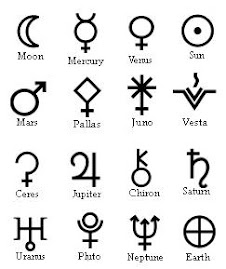



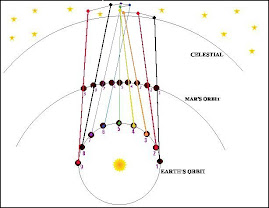

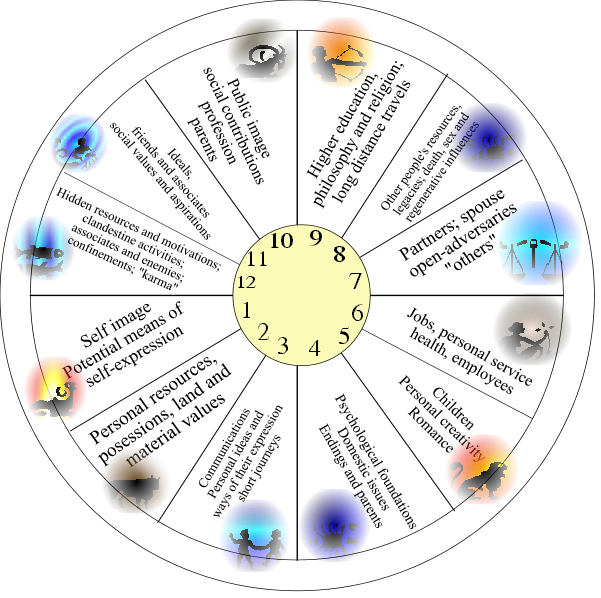
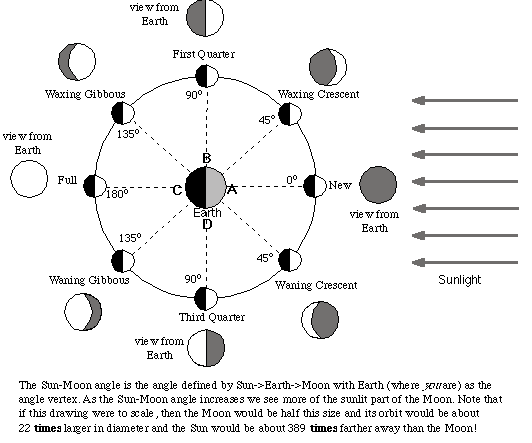
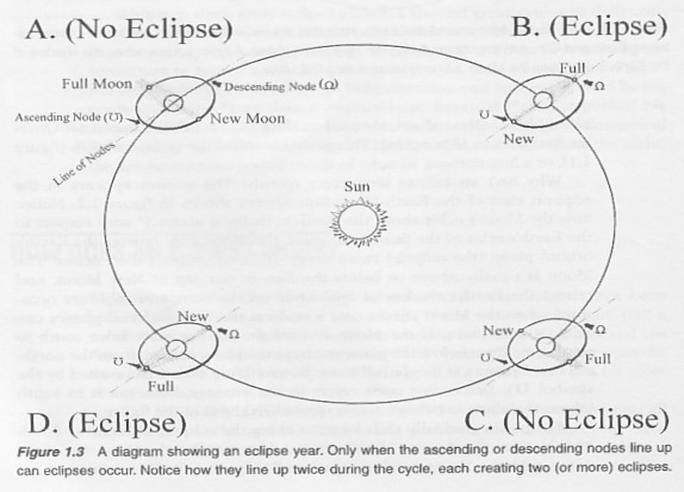


No comments:
Post a Comment